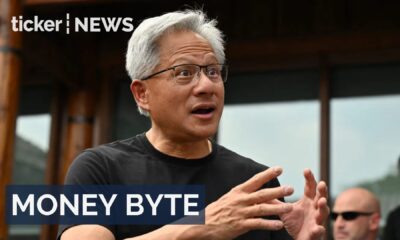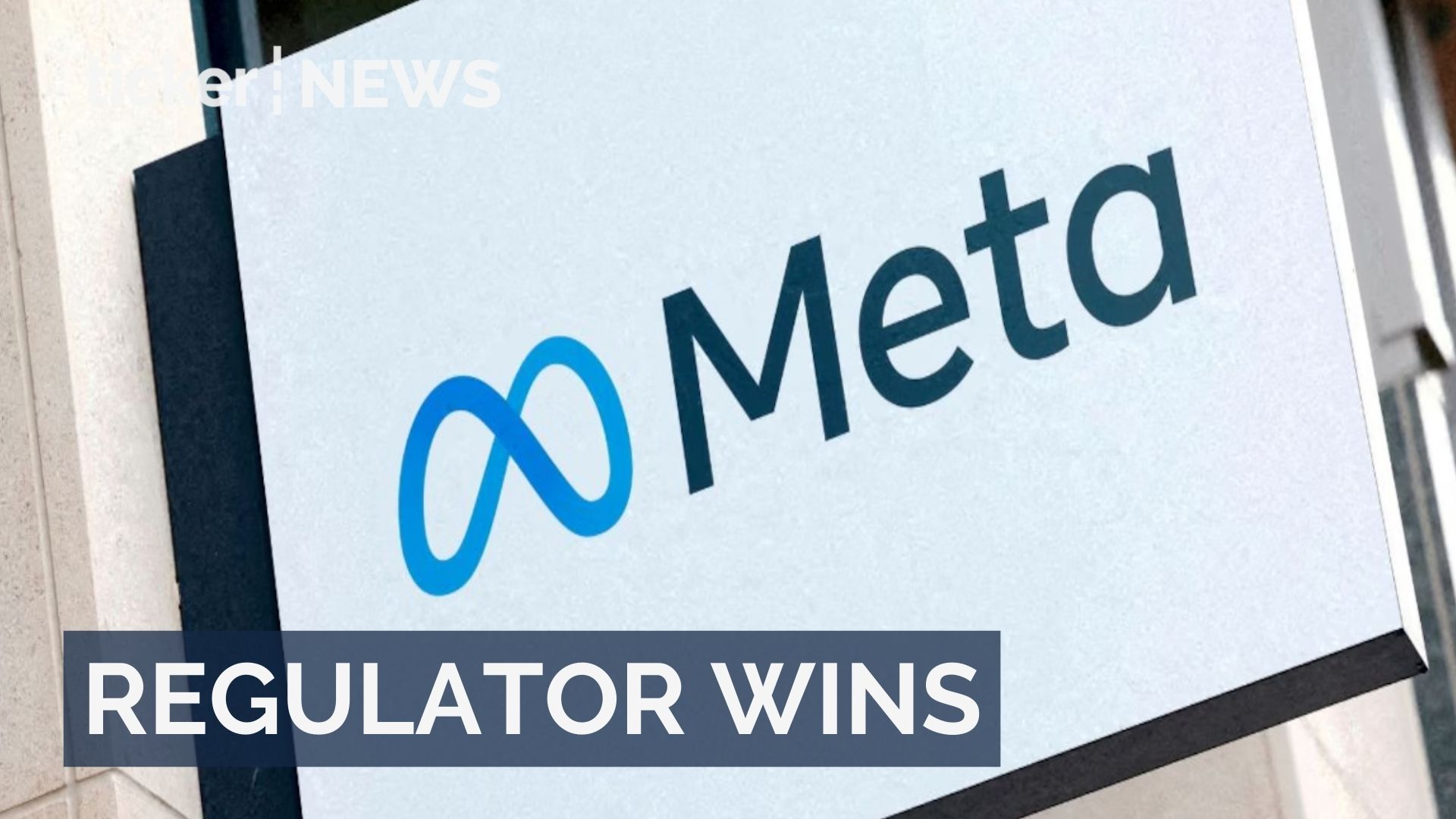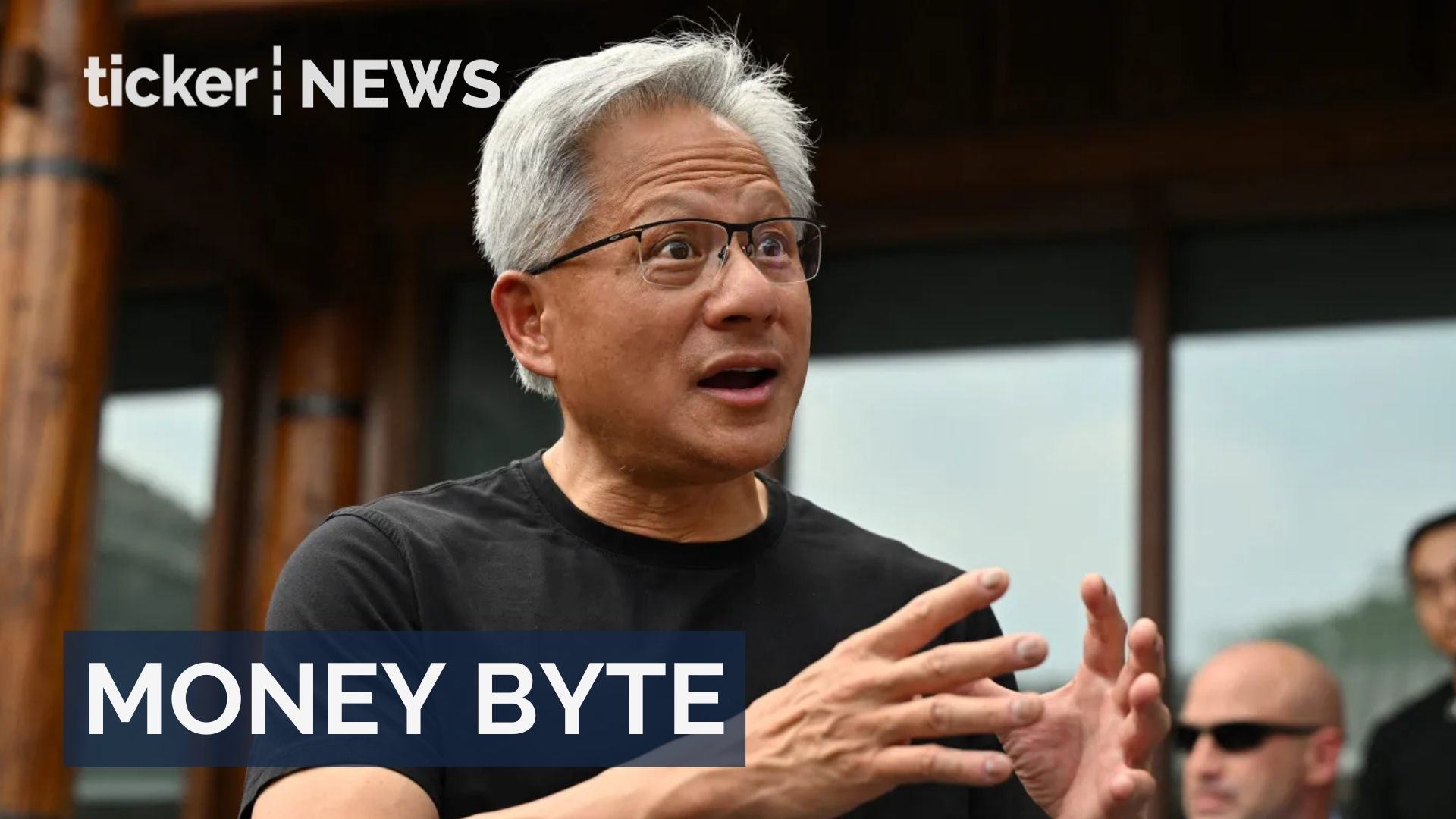Tech
OpenAI sacks CEO Sam Altman, as shakeup unfolds

Tech
Italy orders Meta to open WhatsApp to AI competitors
Italy orders Meta to allow rival AI chatbots on WhatsApp amid regulatory battle over market dominance
Tech
China’s maglev breakthrough hits 700 km/h in seconds, reshaping the future of transport
China sets world record with maglev train hitting 700 km/h in just two seconds, revolutionising ultra-high-speed transport
Tech
Nvidia signs $20 billion deal with Groq for AI tech
Nvidia strikes $20 billion deal to license Groq’s AI tech and hire executives, boosting its position in AI inference market
-



 Tech4 days ago
Tech4 days agoNvidia signs $20 billion deal with Groq for AI tech
-



 Tech3 days ago
Tech3 days agoChina’s maglev breakthrough hits 700 km/h in seconds, reshaping the future of transport
-



 News4 days ago
News4 days agoNewly unsealed Epstein emails raise questions about Prince Andrew
-



 News3 days ago
News3 days agoUkraine presents US-backed peace proposal to Russia
-



 Tech13 hours ago
Tech13 hours agoItaly orders Meta to open WhatsApp to AI competitors
-



 News4 days ago
News4 days agoPope Leo XIV addresses Gaza crisis during Christmas Mass
-



 Politics13 hours ago
Politics13 hours agoNigeria disputes Trump’s genocide claims amid airstrikes
-



 Politics14 hours ago
Politics14 hours agoThailand and Cambodia agree to ceasefire after clashes







